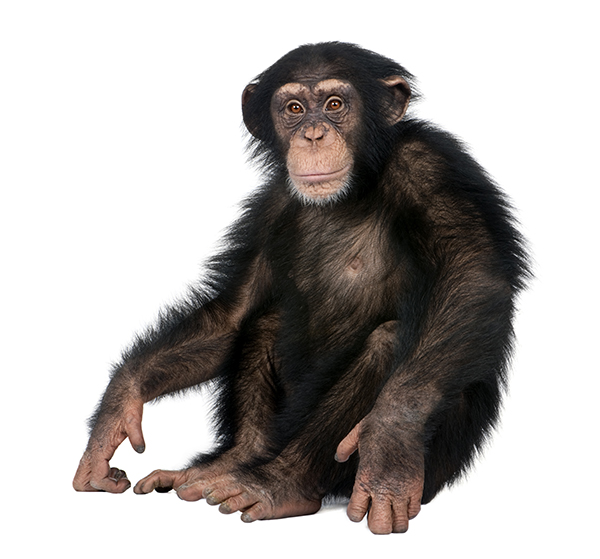Brace yourself, we have another zoonotic disease – a disease that spreads from animals to humans like coronavirus, Lyme disease, rabies, etc. Monkeypox virus has officially made its entrance in Europe and unfortunately, as of 20 May, in the Netherlands as well.
What is Monkeypox?
Monkeypox is a viral zoonotic disease which is commonly found in the tropical rainforest animals of central and west Africa. It is transmitted to humans when they come in contact with an animal carrying the live virus. Monkeypox is occasionally identified in people from other countries who have travelled to regions where it’s endemic.
Monkeypox symptoms and severity
The symptoms of monkeypox are somewhat similar to that of chickenpox, starting with fever accompanied by intense headache, muscle ache, back pain and low energy. Where monkeypox differs from chickenpox is that the former causes the swelling of lymph nodes. Within one to three days after the start of the fever, rashes or lesions appear. These lesions can be flat or slightly raised, filled with clear or yellowish fluid, and then crust, dry up and fall off. Monkeypox symptoms usually last from anywhere between two to four weeks and disappear on their own without treatment.
In some individuals, usually newborns, children with weak immune systems and people with underlying immune deficiencies, monkeypox can cause health complications such as skin infections, pneumonia, confusion and eye infections (which can lead to loss of vision) and even death. According to the World Health Organization, around 3–6% of reported cases have led to death in endemic countries in recent times, often in children or persons with other health conditions. However, it is important to note that these figures might be grossly overestimated because of the unreliability of surveillance data in endemic countries.
How does monkeypox spread?
Anyone who comes in close physical contact with someone who has symptoms of monkeypox, or with an infected animal, is at the risk of contracting the virus. If you know someone has contracted the monkeypox virus, it’s best to limit your contact with them until they are cleared of all symptoms. The responsible thing for infected people to do is remain in quarantine.
Is there a vaccine?
Yes and no. The vaccines developed for smallpox also provide some degree of protection against monkeypox. A newer vaccine, known as Imvamune, was approved in 2019 for use in preventing monkeypox, but this is not yet widely available. People who have been vaccinated against smallpox in the past will also have some protection against monkeypox. However, it is unlikely that anyone below the age of 40 or 50 years is vaccinated, since vaccination against smallpox ended in 1980 after it became the first disease to be eradicated worldwide.
Outbreak in Europe
In May 2022 the Dutch Institute of Public Health RIVM announced that several people in Europe had contracted the disease, also in the Netherlands. While not common, it is not surprising to find monkeypox in Europe, especially since almost all travel restrictions have been lifted. However, what is striking is that majority of the infected people had no link to areas in Africa where the disease is found.
Some infection cases in the Netherlands were traced to an outbreak at the Belgian gay festival Darklands. Still, this by no means should be used to assume that monkeypox only affects men: in the UK, a woman and a child were also infected.
Though it is still unclear how the virus spreading in Europe, the variant prevalent here is not considered very contagious. Still, this is no reason to not take precautions and stay safe. The WHO assures that the outbreak will not lead to a pandemic like Covid. There are now about 300 confirmed cases worldwide.
A word to the wise: take precautions, look for signs and symptoms in people you come in close contact with, maintain good hygiene and isolate yourself if you are unfortunate to contract monkeypox. People with compromised immune systems, children and babies should be further protected.
Written by Priyanka Sharma
